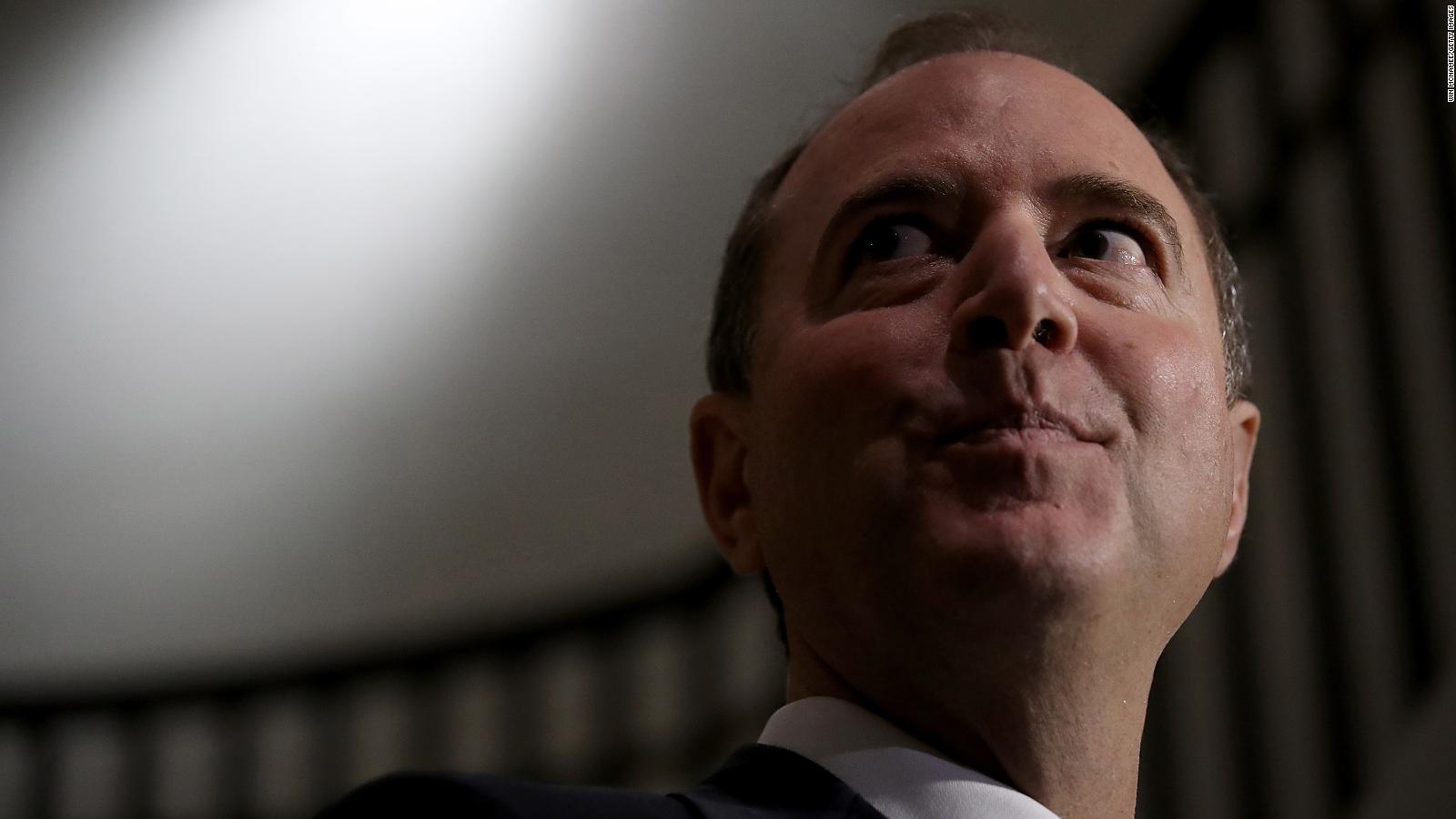"Government power was used to spy on American citizens," Barr told the Wall Street Journal in an interview published Friday. "I can't imagine any world where we wouldn't take a look and make sure that was done properly."
The Journal noted that Barr did not expand on the changes he wishes to make to bureau protocol.
The attorney general also told Fox News that "people have to find out what the government was doing during that period."
"If we're worried about foreign influence, for the very same reason we should be worried about whether government officials abuse their power and put their thumb on the scale," Barr said in an interview that aired Friday, adding, "I'm not saying that happened, but it's something we have to look at."
Barr indicated he's interested in the underlying intelligence that led to the FBI's decision to launch the investigation, along with the steps officials took based off of the intelligence, the Journal reported. He cited the surveillance of anti-Vietnam War protesters in the '60s and early '70s as a reason for concern, according to the newspaper, which is something he also brought up at a recent congressional hearing.
The investigation was first opened in July 2016, according to special counsel Robert Mueller's report, a foreign diplomat brought information to the FBI about a Trump adviser who knew about Russian hacks before they became public. That campaign adviser, George Papadopoulos, later pleaded guilty to lying to the FBI about his Russian contacts and served two weeks in prison.
Barr did not identify the actions taken by government officials or intelligence agencies prior to the 2016 election that he's found unsettling, the Journal said.
But Barr told Fox News that using information from a dossier -- which was compiled by former British spy Christopher Steele and funded by Trump's political opponents, including Hillary Clinton's campaign -- was a "very unusual situation." The dossier was not used to open the investigation, according to the Mueller report, but parts of Steele's memos were used to get a court-approved surveillance warrant on Trump campaign aide Carter Page.
"It's a very unusual situation to have opposition research like that, especially one that on its face had a number of clear mistakes and a somewhat jejune analysis," Barr said. "And to use that to conduct counterintelligence against an American political campaign is a strange -- would be a strange development."
Barr did not reveal in either interview -- his first interviews since stepping into the role in February -- the information he's reviewed so far.
"I've been trying to get answers to questions and I've found that a lot of the answers have been inadequate and I've also found that some of the explanations I've gotten don't hang together, in a sense I have more questions today than I did when I first started," Barr told Fox News.
Barr testified before Congress last month that he thinks "spying did occur" on the Trump campaign — but did not elaborate on the basis of his concerns.
Democrats immediately criticized Barr for the use of the term "spying," arguing that the attorney general was mischaracterizing the FBI's counterintelligence investigation in an effort to please Trump. FBI Director Chris Wray, who was appointed by Trump in 2017, also rejected Barr's use of the phrase "spying."
In a hearing earlier this month, Barr defended his use of the word, saying he doesn't think "the word spying has any pejorative connotation at all."
A top federal prosecutor in Connecticut, US attorney John Durham, is leading the effort with Barr to conduct a comprehensive review of the origins of the Russia investigation, working with Justice Department's Inspector General Michael Horowitz as well.
CNN reported on Tuesday that Barr is also closely collaborating with Wray, CIA Director Gina Haspel, and Director of National Intelligence Dan Coats, according to a source familiar with the matter.


No comments:
Post a Comment